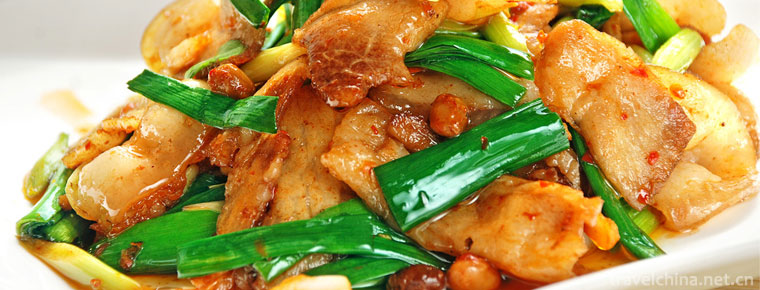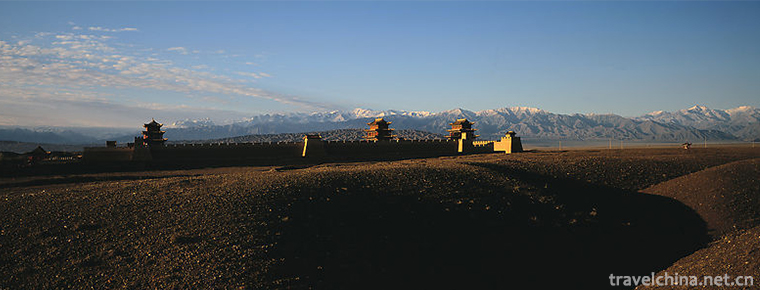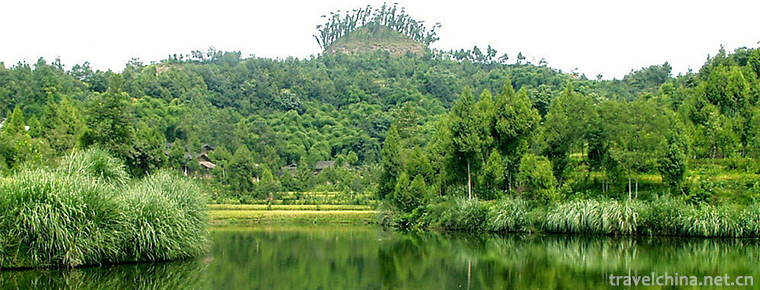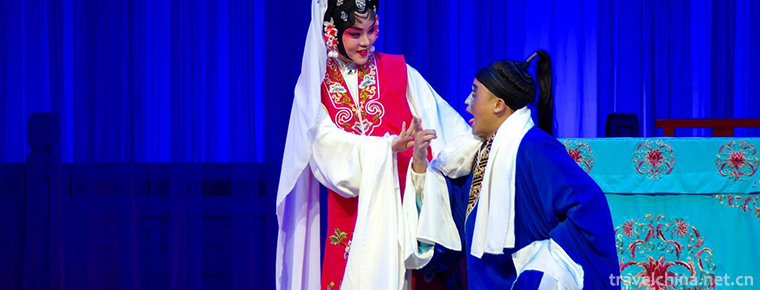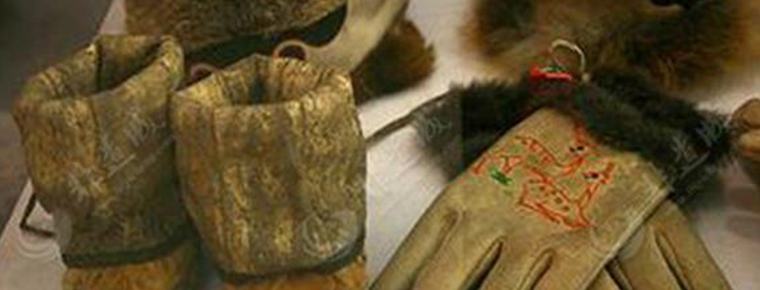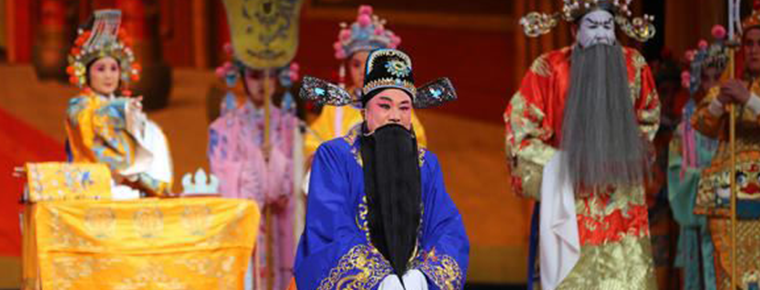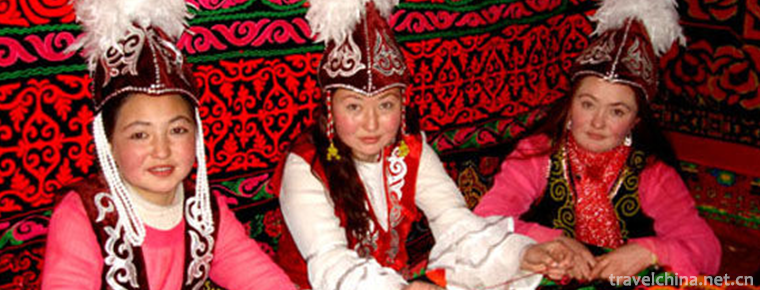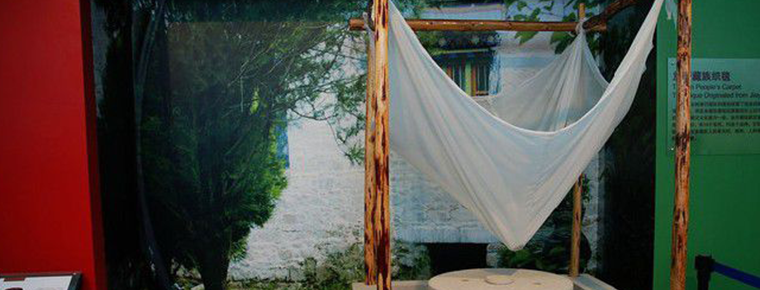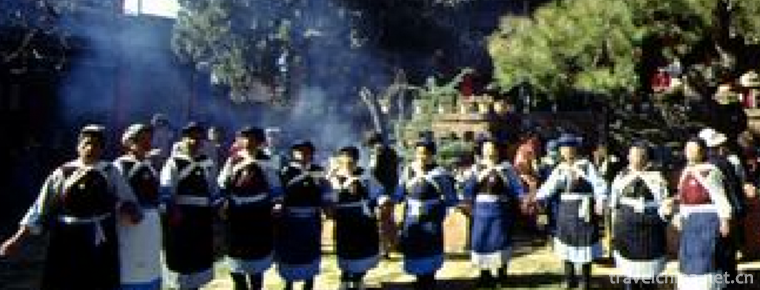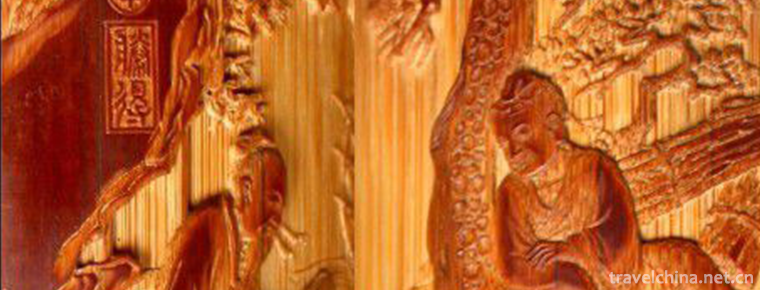Ninghai Pingtao
Ninghai Pingtao
Ninghai Pingdao, a traditional local drama in Ninghai, Zhejiang Province, is one of the national intangible cultural heritage.
Ninghai Pingdao originated in the late Ming and early Qing Dynasty and was popular near Ningbo. It has a history of three or four hundred years. Ninghai Ping Tune belongs to the branch of Xinchang Tune. It has the characteristics of high and graceful tone, singing a crowd, Gong and drum, and not trusting strings. It has many forms, such as mixed group, Qing group, whole sentence group, fragmentary group and one word group.
On May 20, 2006, Ninghai Pingdiao was approved by the State Council of the People's Republic of China to be included in the first batch of national intangible cultural heritage catalogues, numbered IV-9.
historical origin
According to the Annals of Ninghai County written by Chongzhen of Ming Dynasty, "In the first month of acting, respecting ancestors and greeting gods. Twelve in the countryside and fourteen in the city until the eighteenth day." Experts have verified that during the Wanli period of the Ming Dynasty (1573-1619), Yuyao Opera, one of the four major tunes of the Ming Dynasty, flowed into Ninghai, and combined with local folk opera and singing troupes, forming a form of opera over time. The form of the opera is called "Ninghai Ping Dialect" because it is spoken and sung in Ninghai dialect, and its tune is gentler and euphemistic than that of Yuyao Dialect.
The history of Ninghai Pingdao Opera Troupe performances can be extended to the period from Qianlong to Jiaqing in Qing Dynasty. From Xianfeng to the Republic of China, the performance of Ninghai Ping Diao reached its peak. At that time, there were 11 peace-tune troupes in Ninghai County. The famous ones were Pan Ziyun and later Lao Juyuan, Xinxiangyuan and Tong Jufeng. These theatre troupes have traveled all over the prefectures of Eastern Zhejiang. Among them, "Pan Ziyun" class is the most famous and has persisted for more than 50 years. Because most of the performers in these theatres are native Ninghai people, they are also called "Ninghai Local Class".
Since the 1920s, Ninghai Level Tune has shown signs of decline.
Around 1949, it was almost dying.
In 1960, a local professional group was set up to actively rescue Ninghai Pingdao. Ninghai Pingdao has a new generation of self-cultivation, and the style of the past is re-developed. In the Cultural Revolution, Ninghai Pingdao was abolished.
After the Third Plenary Session of the Eleventh Central Committee, Ninghai Pingdao Professional Group resumed, but in the subsequent decline of opera art, it was once again cold.
In October 1961, it was renamed Ninghai Pingdao Opera Troupe, and organized efforts to rescue the traditional Pingdao Opera, sorting out 83 traditional plays. Under the dictation of the old artist, the flat tune singing was recorded.
Since the "Cultural Revolution" in 1966, a large number of playwrights, costumes and props were destroyed.
In April 1969, the county Pingdiao Opera Troupe and the Vietnamese Opera Troupe disbanded most of their personnel and arranged their work separately. Then, on the basis of the personnel left behind by the original troupe and absorbing some members of the society, a Mao Zedong Thought Literature and Art Propaganda Team (Wenxuan Team) of the County Reform Committee was set up to perform songs and dances.
In October 1978, Ninghai Ping Opera Troupe was rebuilt.
In 1983, the local government organized the "Ninghai Pingdao Rescue and Arrangement Group", which excavated and sorted out more than 70 traditional Ninghai Pingdao operas and hundreds of tunes, gongs and drums.
In 2005, Ninghai Pingdao was listed in the first batch of representative works of national intangible cultural heritage. With the attention of Ninghai county government and cultural authorities, a large amount of funds and manpower were invested again for rescue.
Representative repertoire
There are more than 100 traditional operas in Ninghai Pingdao. There are "the first eighteen" and "the last eighteen". The first eighteen are mainly family plays. It has more than one hundred traditional dramas, such as Little Money, Jinniuling, Lu'an Zhou, Tianmen Front, Baimen Tower, Imperial Pen Tower, Baihua Giving Swords, Imperial Princess Drunken, Chen Lin Savior, Stolen Poems and Driving Boats. Among them, Little Money has been closely combined with the skill of playing teeth for more than one hundred years, and has become a representative play in Ninghai Ping tune.
Distribution area
Ninghai Pingdao, centered on Ninghai, is popular in Xiangshan, Huangyan, Wenling, Linhai, Xianju, Tiantai and Fenghua.
Inheritance and Protection
Inheritance value
Ninghai Pingdao is one of the ancient local operas in Zhejiang Province. It belongs to the branch of Xinchang Tune. Its performance is closely combined with the skill of playing teeth. It has unique skills and exquisite procedures. It enriches the form and content of opera face performance and adds a unique skill of playing teeth to Chinese opera performance.
Current situation of inheritance
Like other local operas, Ninghai Pingdao is in a state of depression, and there is no inheritance of toothplaying skills. Whether it is the whole drama or the remarkable skill of playing teeth, it needs to be rescued and protected as soon as possible.
Heritage figures
Ye Renmin, male, Han nationality, born on October 2, 1956, is the national non-hereditary successor of Ninghai Pingtao, Zhejiang Province.
protective measures
In 1960, Ninghai County set up a professional group to actively rescue, Ninghai Pingdao has a new generation of its own training, and to develop the past style.
In March 2013, Ye Quanning served as the instructor of playing teeth in Ninghai Pingdao Art Inheritance Class. He hoped to find excellent inheritance seedlings among the five students trained, so that playing teeth, a treasure of stage art, would flourish forever.
In 2014, the first batch of 21 Ninghai level transfer trainees were recruited, and closed training was carried out in Xinghai Middle School of Ninghai County. The Pingtao Art Heritage Center has invited Ye Quan, a national non-hereditary successor with decades of experience in Pingtao toothplaying art, to serve as a professional teacher, and has hired a number of old Pingtao artists to teach basic skills of art. After 5 months of closed training, 17 students stood out, 9 students and 8 students went to Xiaobaihua Art School of Shaoxing County for three years.
In December 2016, Xue Qiaoping, Chen Haiyan, Shi Zhentao and Ma Zhiyuan officially visited the national non-hereditary inheritor Ye Renmin, which means that Ninghai's traditional tooth-playing skills have a new inheritance. The first batch of students in the Ping Diao inheritance class have graduated from Shaoxing Opera School.
social influence
Important performances
In 1977, Wang Xitong performed more than 400 performances in Ninghai County and its adjacent counties.
On the evening of June 11, 2014, Ninghai Pingdao participated in Zhejiang Good Tune High Tune Cloud Curbing Exhibition.
On March 20, 2017, Ninghai Pingdao Vietnam Opera Troupe staged the traditional opera "Jinlian Chopper Jiao" in Yifu Theater, which is also the opera that has been staged in Ningbo since 2014.
On July 15, 2018, Ninghai Pingdao exquisite Folding Opera "Li Huiniang Judgment" and "Golden Lotus Chopping Jiao" appeared on the stage successively in Hong Kong "China Drama Festival 2018".
Honorary recognition
In August 1980, Ninghai Ping Opera Troupe participated in the provincial Youth Actors'Guild with the fragments of "Golden Lotus Chopping Jiao". Ye Guomin and Jiang Lingbo won the first prize and the second prize respectively.
In September 1982, Chen Yajuan, Pu Sujuan and Xia Yongsheng won the provincial "Little Hundred Flowers" Award.
From December 21 to 23, 2013, "Rare Drama Show" was held in Hangzhou. Ninghai Pingdao Art Inheritance Center was awarded the Group Excellent Performance Award, while young Pingdao actors Xue Qiaoping and Hu Qiongqiong were awarded the Performance Inheritance Award.
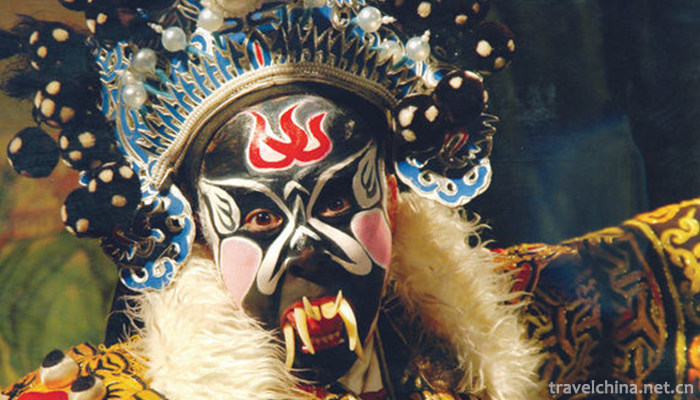
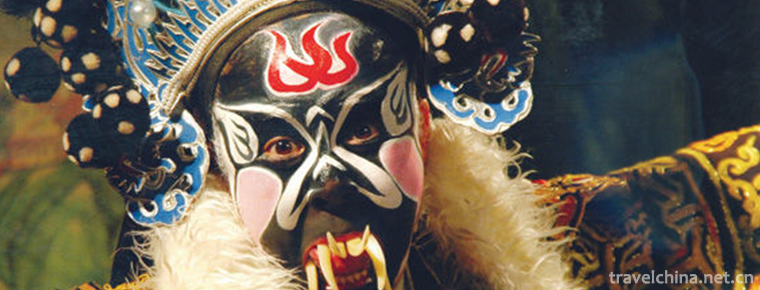
Ninghai Pingtao
-
Twicecooked pork slices
Twice cooked pork is a traditional dish of Sichuan
Views: 218 Time 2018-10-12 -
Shoulds ancestral hall
Yanmenguan Scenic Spot is located in the northern part of Daizhou ancient city. South-controlled Central Plains and North-controlled Moyuan are grand military defense projects of ancient Chinese passe
Views: 232 Time 2018-11-24 -
Hometown of Zhu De
Zhude Hometown Scenic Spot: National AAAAA Tourist Scenic Spot, National Key Cultural Relics Protection Units, National Patriotic Education Demonstration Base, National Anti-corruption Education Base,
Views: 314 Time 2018-12-12 -
Baling Opera
Baling Opera, a local traditional drama in Yueyang City, Hunan Province, is one of the national intangible cultural heritage.
Views: 177 Time 2019-04-02 -
Making Skill of Roe Skin of Oroqen Nationality
The Oroqen nationality is one of the minorities with the smallest population in Northeast China. Because of the influence of living environment and customs, people of the Oroqen nationality
Views: 344 Time 2019-04-28 -
Huai Bang
Huai Bang (also known as Huai Diao, commonly known as Huai Qing Bangzi, Lao Huai Bang, Xiao Bang Opera and Xiao Ban Opera), is one of the traditional local operas in Henan Province and one of the nati
Views: 123 Time 2019-05-04 -
Kirgiz embroidery
Kirgiz embroidery is a traditional embroidery in Wensu County, Xinjiang Uygur Autonomous Region, China. Kirgiz women are good at embroidery. They embroider various delicate patterns on headscarves, pi
Views: 290 Time 2019-05-09 -
Production Techniques of Lhasa Jiami Water Mill
Jiami Water Mill was built in the 17th century A.D. It shows the outstanding ability of Tibetan people in mechanical manufacturing and grain processing. It makes full use of natural spring water to gr
Views: 340 Time 2019-05-10 -
Naxi Remei Biao
"Remei Biao" is also known as "Wo Yo Ye", which is a collective folk custom that has been spreading for thousands of years. There are more than ten people at least and hundreds of
Views: 219 Time 2019-06-07 -
Bamboo carving
Bamboo carving, a traditional folk carving art, uses bamboo roots to carve characters and animal and plant images, or carves characters and pictures on bamboo materials and bamboo utensils. Usually al
Views: 329 Time 2019-08-10 -
Mount balang
Balang mountain, also known as "colorful mountain", is located between Wolong Nature Reserve and Siguniang mountain scenic area. Balang mountain is called balangla in Tibetan language. It is 5040 meters above sea level. When you look up, you can see that the mountains are covered by mountains and meadows
Views: 191 Time 2020-11-07 -
Guangan Education
As of 2019, there are 1198 schools at all levels in Guang'an City, including 696 kindergartens (including 119 public kindergartens), 194 primary schools, 235 junior high schools, 6 special schools, 1 work study school, 42 ordinary senior high schools (includi
Views: 389 Time 2020-12-19
